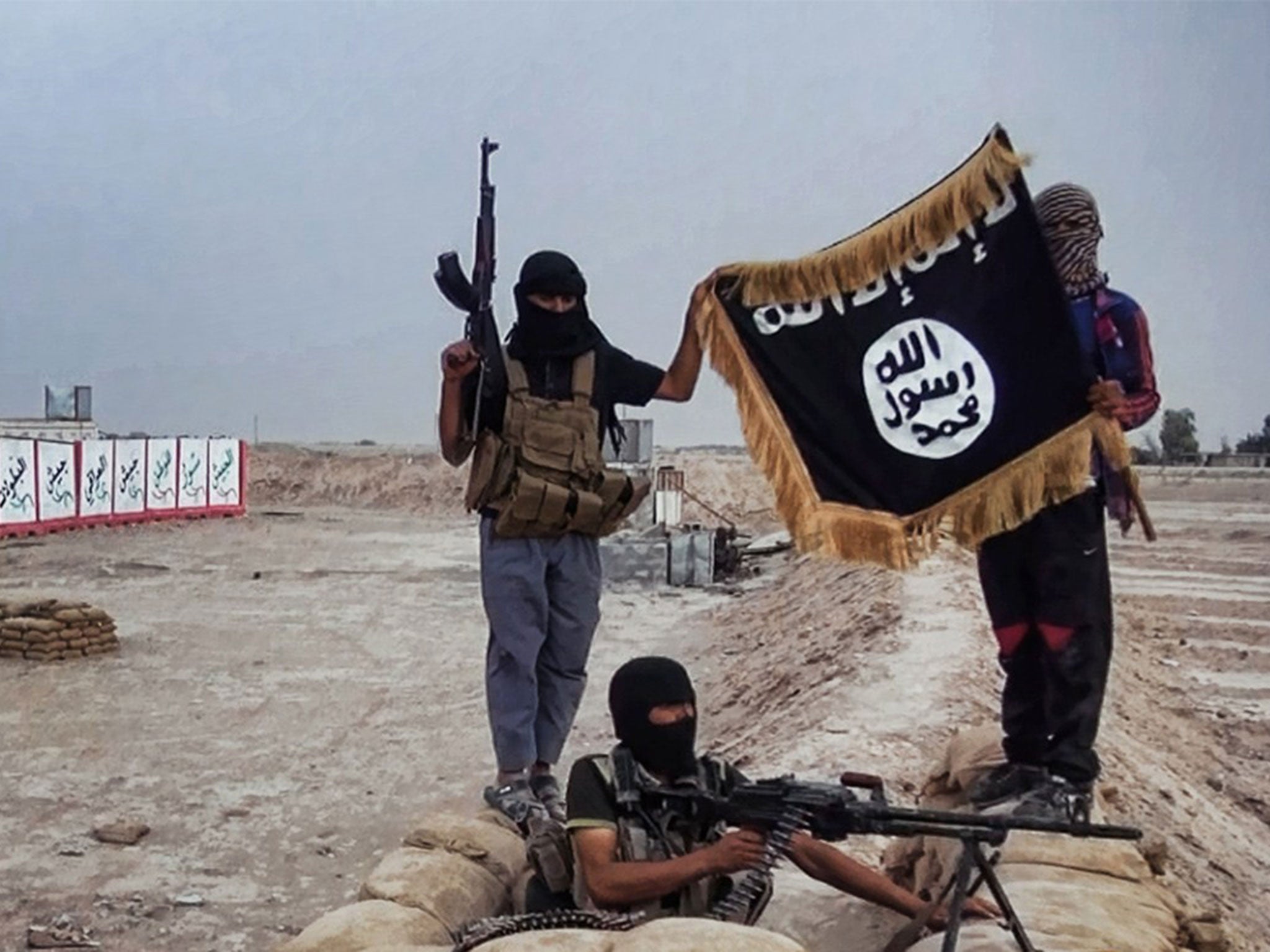Iraq crisis: ‘Do not fall prey to your vanities’ - the philosophy of the country’s new conquerors
A spokesman has given the first clue to Isis’s response to its spectacular gains


The Islamic State of Iraq and the Levant (Isis) is itself amazed by its spectacular victories this week, but vows to press on to Baghdad and the holy Shia cities of Karbala and Najaf. Its spokesman says that “enemies and supporters alike are flabbergasted” by its triumphs that he attributes to divine intervention.
He calls on Isis fighters, who have captured Mosul, Tikrit and a string of other towns not become arrogant but behave modestly. “Be warned and do not fall prey to your vanities and egos,” says Isis spokesman, Abu Mohammed al-Adnani. “Do not let your egos fall prey to your recent military gains such as the Humvees, helicopters, rifles and military equipment.”
The speech is interesting and significant because Adnani gives the first insight into how Isis views its spectacular territorial gains as well as its intentions in the immediate future. Ominously, he stresses hatred for the Shia, who make up 60 per cent of Iraq’s population, as apostates with whom no compromise is possible, saying it is “the Lord alone who overpowers the Shia. Praise be the Lord who brings terror to their hearts.”
The sectarian denunciations of the Shia are important because they imply that Iraq will be plunged into a renewed sectarian war between Sunni and Shia. There is a warning against any faltering in the present advance: “Do not concede territory gained to the Shia unless they walk over your dead bodies to retrieve it.
“March towards Baghdad. Do not let them [the Shia] breath.”
This is bound to create a counter-reaction among the Shia who are suddenly struggling to preserve the predominance they won in Iraq after the US-led invasion of 2003 overthrew Saddam Hussein and the centuries-old rule of the Sunni minority. The army having failed them, they will fall back on mobilising militias that will hold back the Isis advance. There could be a return to sectarian massacres that killed tens of thousands of Shia and Sunni, mostly in and around Baghdad, in 2006 and 2007.
Adnani is derisive about “the Fool of the Shia. Nouri [al-Maliki]: Look at what you have done with your people, fool! You were always an underwear merchant! … Your people could have reigned supreme over Iraq, but you made them lose that opportunity. Even the Shia will curse you now.” This analysis, though rhetorical, is probably correct and many Shia today blame Mr Maliki’s leadership for the disasters that face them.
In contrast with Isis’s bloodthirsty threats against the Shia, Adnani recommends fighters to behave moderately against Sunni, even those who may previously have fought on the government side. He says: “Accept repentance and recantations from those who are sincere, and do not bother those who do not bother you, and forgive your Sunni folk, and be gentle with your tribes.”
Overall, there is a strong sense that Isis did not expect such a swift victory, recalling that only recently they had been subjected to “imprisonment, torture, military raids”. Their houses had been occupied and they had had to take refuge “in the mountains, in underground bunkers, in valleys, and in the expanse of the desert.” The flight of 30,000 Iraqi army troops and police from Mosul in the face of 1,300 or so of their fighters seems to have caught the Isis leadership by surprise much as it did the rest of the world.
Again and again the speaker spits out sectarian hatred of the Shia and it is this which is most alarming for the future. “The Shia are a disgraced people,” he says, accusing them of being polytheists “who worship the dead and stone.” The new war in Iraq could be even more savage than the horrors that went before.
Join our commenting forum
Join thought-provoking conversations, follow other Independent readers and see their replies
Comments
Bookmark popover
Removed from bookmarks